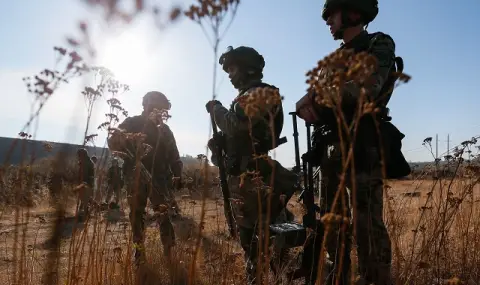The Kremlin has sharply cut the rights of the "new Russians" to get married, buy property, have bank accounts and drive.
This is stated in the daily analysis of the Institute for the Study of War (ISW).
The Russian Federation Council also passed a number of bills that strengthen the Russian government's control over the Russian information space and further restrict the rights of migrants in Russia.
On August 2, the Federation Council approved a series of bills, including ones requiring owners of social media channels with more than 10,000 subscribers to provide personal information to Russia's federal censor Roskomnadzor; limit the number of SIM cards foreigners can purchase; allow the Russian government to terminate the naturalized citizenship of migrants who do not immediately register for military service; and further restrict migrants' rights to open bank accounts, drive cars, marry and buy property in Russia.
ISW has already assessed that these proposed bills are intended to help the Kremlin's efforts to deal with behavior in the Russian information space and in migrant communities that the Kremlin considers undesirable.
A delegation of Kremlin officials visited the occupied Zaporozhye and Kherson regions on August 2 to highlight Russia's efforts to integrate occupied Ukraine into the Russian Federation.
Commander of the Ukrainian joint forces and na Khortyts Group of Forces Brigadier General Andrii Khnatov emphasized that Russia is making efforts to force Ukraine to commit its available manpower in ongoing defensive operations to prevent the accumulation of Ukrainian resources for future counteroffensive operations.< /p>
This is stated in an analysis by the Institute for the Study of War (ISW).
The Russian military command likely views retaining the initiative in the entire theater of operations as a strategic imperative and will continue efforts to maintain the current pace of the Russian offensive in Ukraine to limit Ukraine's ability to seize the initiative in individual sectors of the the front line.
The commander of the Russian Airborne Forces (Airborne Forces) and the "Dnepr" Colonel General Mykhailo Teplinski addressed the Airborne Forces in an article and recorded video on the occasion of the 94th anniversary of the formation of the Airborne Forces on August 2, trying to highlight the performance of the Airborne Forces in Ukraine as an elite professional force, despite the fact that elements of The Airborne Forces fight in Ukraine mainly as infantry.
On August 2, Russian authorities arrested the former deputy commander of the 144th Motorized Rifle Division, Colonel Dmitry Peshkov. He is accused of diverting and speculating on food supplies for his unit fighting in Ukraine.
Recently, Russian forces advanced near Toretsk, Avdeevka and the city of Donetsk.
Russia's Federation Council adopted an updated version of an amendment that allowed commanders to punish subordinates for "gross disciplinary violations," including the use of personal electronic devices, in front-line areas after a significant backlash from the Russian military bloggers.
After the revision, however, commanders cannot punish service members for using personal devices to conduct combat operations, such as using personal phones or tablets to operate reconnaissance or strike drones. It remains the permission to punish the soldiers if they do not fulfill a combat task.
Russian military bloggers widely criticized the original version of the amendment for being unrealistic and failing to reflect Russian forces' reliance on personal command and control devices and drone operations, prompting the Russian State Duma to reconsider the amendment.
p>It remains unclear whether the Russian military command will be able or willing to sanction the use of personal devices for non-combat purposes in Ukraine, and the Russian military will likely encounter extreme difficulty in weaning its reliance on insecure personal devices for many front-line tasks.< /p>
